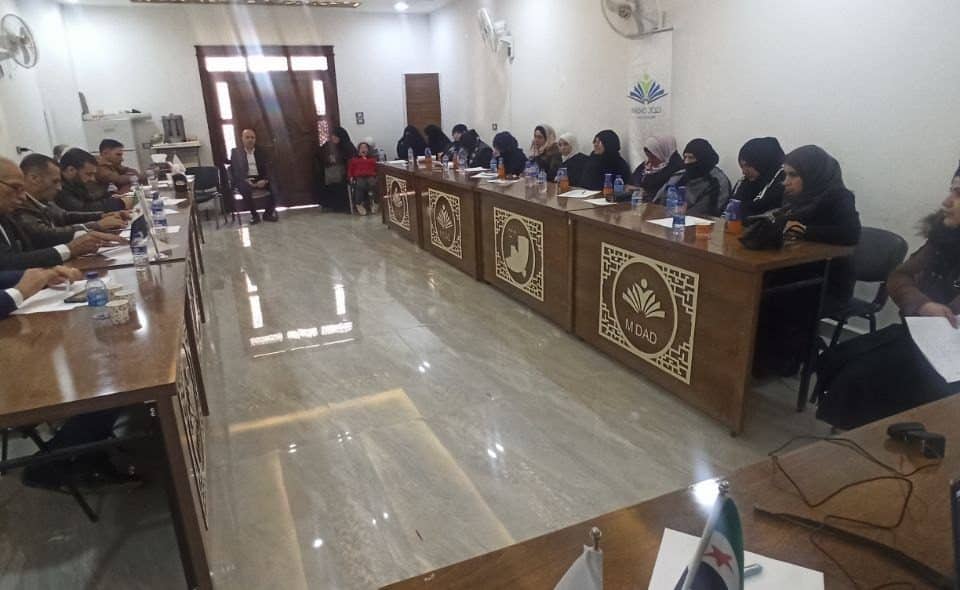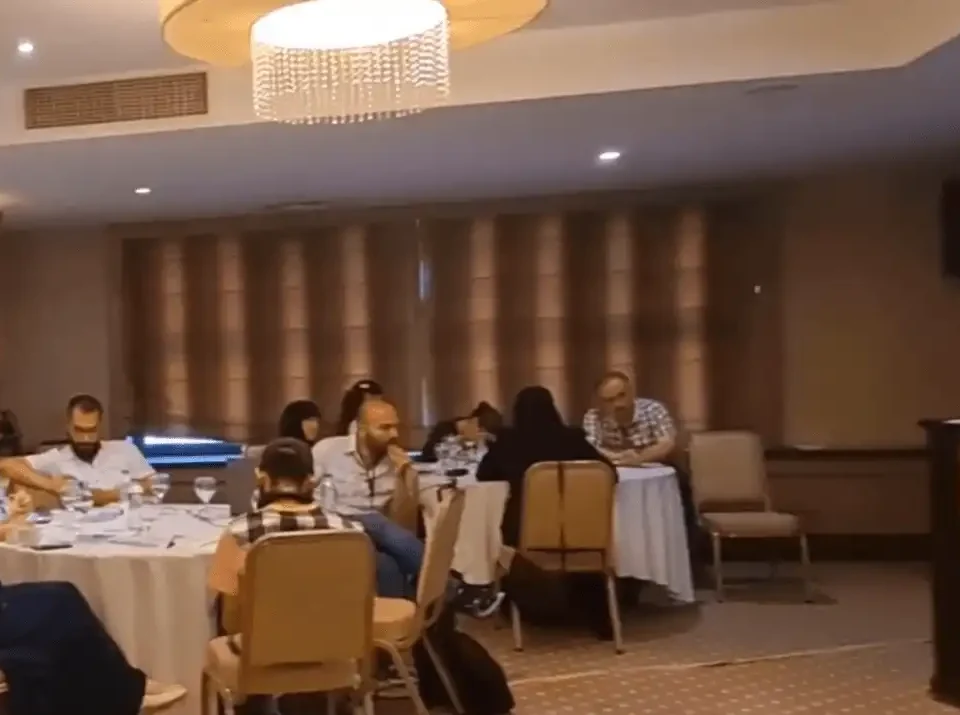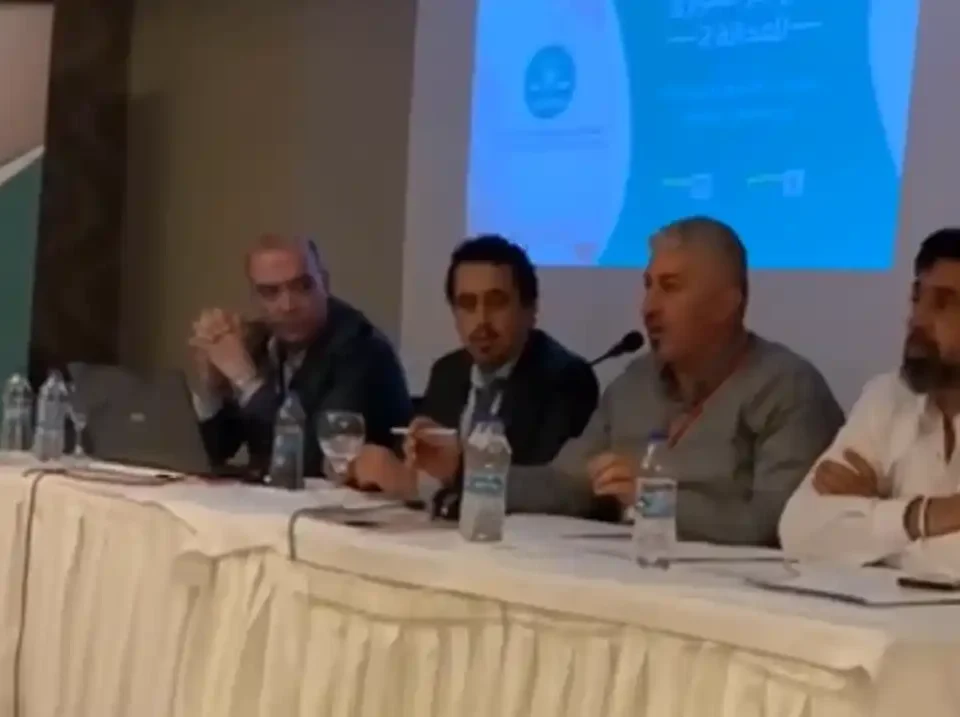Yaser Al-Farhan, representing Mizan Organization for Legal Studies and Human Rights, participated in the Dialogue Day at the 8th Brussels Conference – European Parliament – Donor Countries 2024.
Yaser Al-Farhan, representing Mizan Organization for Legal Studies and Human Rights, participated in the Dialogue Day at the 8th Brussels Conference – European Parliament – Donor Countries 2024.
In a special session discussing Security Council Resolution 2254, Al-Farhan addressed issues concerning detainees and the entry of humanitarian aid as one of the elements stipulated in Article 12.
He pointed out that the resolution places responsibility on the International Support Group for Syria to use immediate influence from member states to release detainees.
He directed a question to representatives of friendly countries, asking them to clarify the extent of influence used to achieve these goals. He reminded them – in a question – that the International Commission on Missing Persons in Syria was recently formed.
Will your governments press to enable it to inspect prisons, hospitals, and mass graves, as you did to facilitate the investigation team’s access regarding the use of chemical weapons, and can you do the same to save detainees?
He also posed another question: Will supporting countries provide their satellite imagery and modern technology to the new institution to retrieve images and videos of the movement of vehicles to and from detention centers, hospitals, and graves, as they did with chemical weapons investigation cases?
Al-Farhan also spoke about early recovery, noting that it was introduced as a term by Russia in the resolutions extending the entry of aid across borders.
He observed that Russia ultimately blocked the extension in the Security Council, leaving only early recovery, which requires clarification of its mechanisms, members of its fund, and implementing entities, affirming that the regime cannot be trusted with this.
He called for the extension of the resolution to allow the entry of humanitarian aid across borders through the United Nations General Assembly to avoid Russian obstruction or blackmail, indicating the possibility based on the newly established mechanism in the General Assembly to oversee the positive use of the veto in the Security Council.





